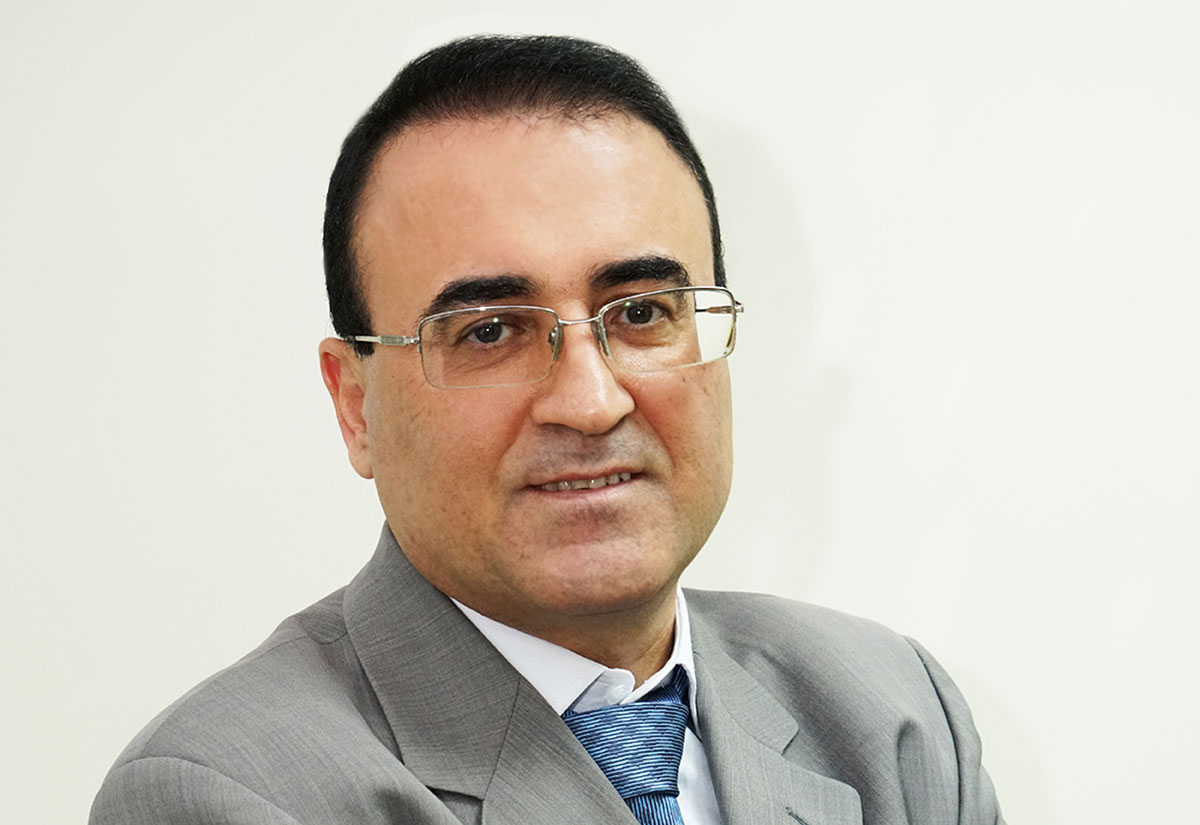VAT Implementation In KSA And UAE: A Firsthand Impression

Some businesses are yet to fully understand the proper application of VAT on goods and service, writes Nidal Abou Zaki, Managing Director, Orient Planet Group
The six GCC member states approved the GCC Value Added Tax (VAT) Treaty, also known as the Framework Agreement in 2016, which effectively ended the zero-tax environment in the region. This new form of taxation system provides the GCC governments with another source of income as they move to reduce their heavy dependence on oil receipts.
The UAE and Saudi Arabia were the first two countries to implement VAT beginning January 1, 2018, followed by Bahrain, which deployed the new system at the start of this year. Overall, the implementation has reportedly been smooth, but challenges have naturally emerged, with some concerns still being addressed until today.
More than a year after the implementation of the system in both Saudi Arabia and the UAE, for instance, some businesses are yet to fully understand the proper application of VAT on goods and services, resulting in several compliance errors. Instead of the immediate imposition of penalties due to these mistakes, tax authorities have instead focused on raising the awareness about proper adherence to the provisions of the VAT law. Nonetheless, businesses mandated to register for VAT but are still facing issues today need to be proactive to eventually increase their compliance level.
Admittedly, the private sector still needs assistance in terms of correct compliance with different tax treatments. This entails making investments in VAT-compliant automated solutions and increasing their capacity and knowledge when it comes to integrating the taxation system into their overall processes and procedures. Moreover, companies have been strongly advised to collaborate with tax and financial experts to help them timely and properly prepare their VAT returns.
In terms of inflationary impact, a report by PwC Middle East Economy Watch stated that the effects in both Saudi Arabia and the UAE “have largely been contained.” More importantly, revenues from VAT have exceeded expectations according to available data.
According to the Kingdom’s preliminary fiscal outturn data in December last year, the VAT collection in 2018 amounted to USD 12.2 billion, which was reportedly higher than what the government had initially expected. In the UAE, the total amount raised during the same period was AED 27 billion, higher than the government's target of AED 12 billion and 2019 goal of collecting AED 20 billion.
The figures are expected to improve this year as both countries expect that increased awareness of VAT provisions in their respective territories will help bridge gaps and improve compliance.
Intensified awareness campaigns are still in place to educate both consumers and companies about VAT. Workshops and seminars for businesses are helping them be more confident when making the necessary reforms within their respective organizations. These initiatives enable them to sustain growth under the relatively new VAT regime.
Undoubtedly, patience, cooperation, and willingness to make investments in the right tools are in order to make the full transition to the VAT system highly successful in the region.
Nidal Abou Zaki, Managing Director, Orient Planet Group
Brand View allows our business partners to share content with Arabian Business readers.
The content is supplied by Arabian Business Brand View Partners.
Dubais Magellan Capital Launches Flagship $975m Hedge Fund
Dubai-based manager is opening its absolute return platform to third-party capital for the first time The post Dubai’... Read more
UAEs FAB Posts 22% Jump In Q4 Profit, Beats Estimates
UAE's biggest bank FAB reported a record 2025 profit after strong Q4 results, higher non-interest income and expanding ... Read more
Dubai Unveils $27.2bn DIFC Zabeel District In Landmark Financial Hub Expansion
Dubai unveils $27.2bn DIFC Zabeel District, a landmark expansion set to reshape the city’s financial hub amid global ... Read more
Digital Payments Dominate Saudi Arabia As Cash Use Continues To Decline, Visa Says
Visa research shows 80% of transactions in Saudi Arabia are now digital, highlighting accelerating consumer shift away ... Read more
Saudi Venture Capital Surges 145 Per Cent To $1.72bn In Record 2025
Saudi Arabia leads MENA venture capital for a third year, with 2025 investment reaching $1.72bn across a record 257 dea... Read more
GCC Debt Market Tops $1.1trn As Dollar Issuance Surges – Report
Fitch Ratings says GCC debt capital markets grew 14% in 2025, led by US dollar borrowing and record sukuk activity The ... Read more

